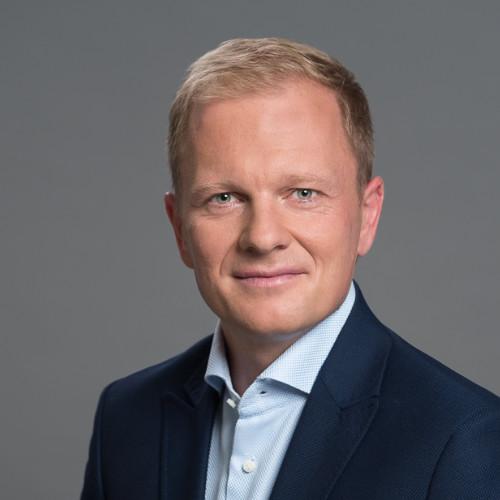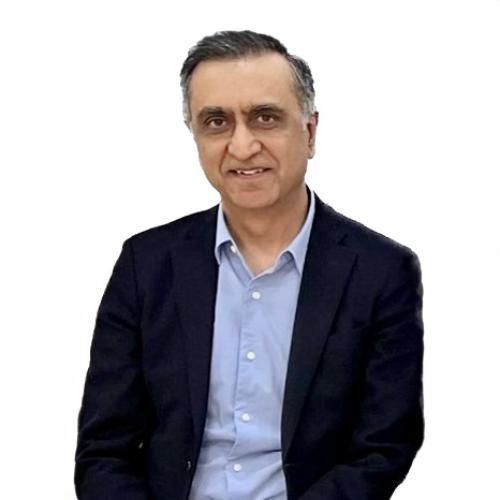The Future of Insect Proteins in Shrimp Feed Formulations

This session aims to better understand whether insect protein derived from black soldier flies will soon become a significant alternative ingredient in shrimp feed formulation. While it is one of the most talked-about alternative ingredients that can replace fishmeal, the majority of insect meal is currently sold to the pet food market, which pays better prices. The use of insect meal as a standard ingredient in shrimp feed has been limited. To explore this topic, we will first listen to the CEO of Entobel and the CFO of Protix, two of the world's largest insect feed producers. They will share their companies' growth stories with us. Entobel produces insect proteins in Vietnam, amid the country's enormous aquaculture industry, while Protix produces insect proteins in the Netherlands, the US, and Poland, far from the tropical shrimp farming regions. Despite their different business models, both companies aim to penetrate the aquaculture feed market in general and, as a part of that, the shrimp feed market. After presenting their growth stories, Entobel and Protix will be joined for a deep conversation by representatives from the investment community, a supermarket, and a feed company. They will discuss topics such as how fast the availability of insect protein for the aquafeed market will grow, what challenges the companies see in penetrating the shrimp feed market, what science says about the impact of insect proteins on the performance of shrimp feed, and how sustainable insect proteins are compared to other ingredients. When you leave the room, you will have a much deeper understanding of the extent to which insect proteins are already accepted as a standard ingredient in shrimp feed and how their acceptance will evolve. (Photo courtesy of Entobel.)







